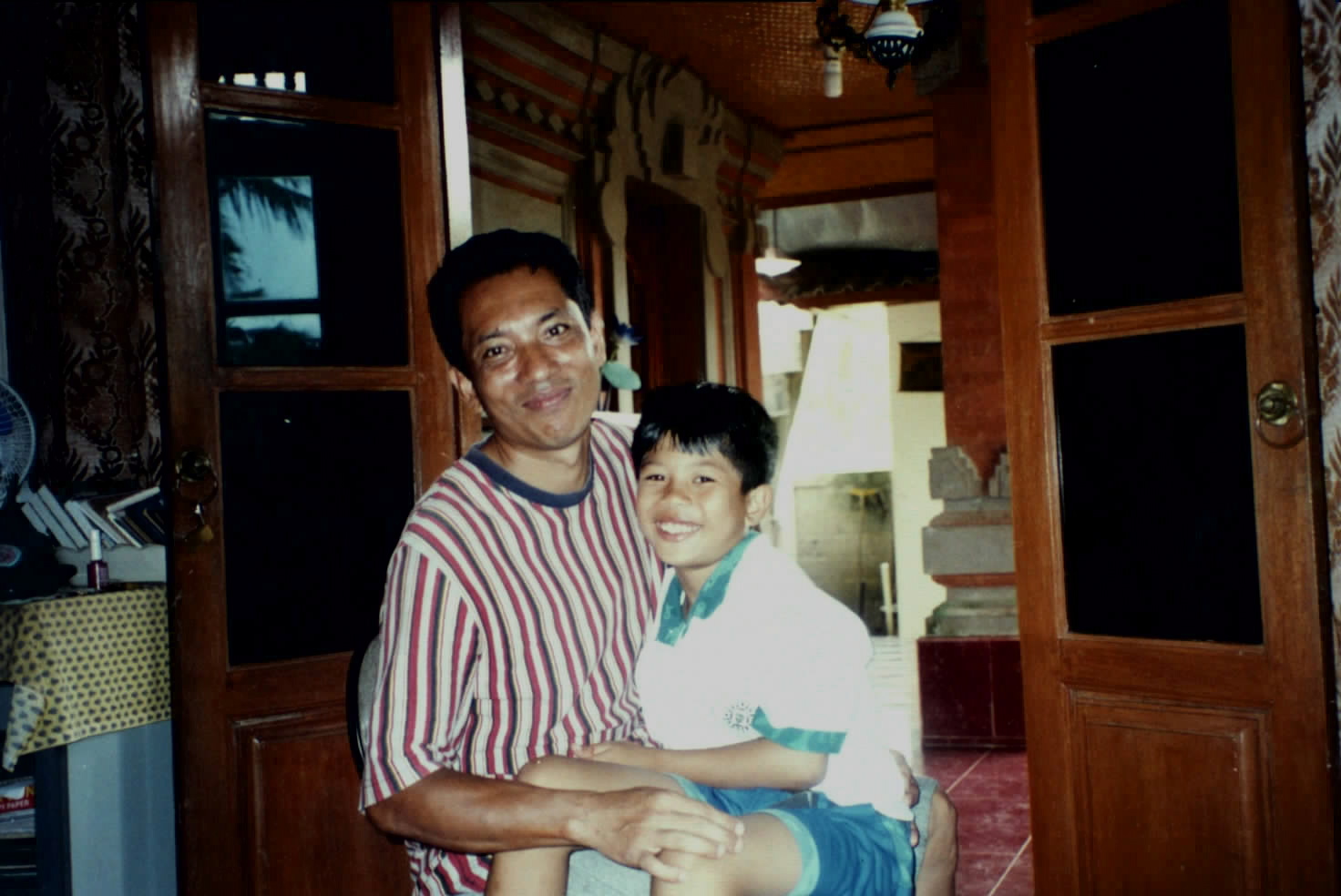
Parents, who have close attachments with their children worry about how they can set limits on inappropriate behavior without hurting their relationships or their children’s spirits. This is where discipline, rather than punishment, is the answer. According to Webster:
Punishment means “to cause pain, loss or suffering,”
- Discipline (from the word disciple) means “to instruct or educate;
- training that develops self-control, character, and orderly conduct.”
Adults who were raised with spankings, face slapping, beatings with objects, and soap in the mouth usually recall that they learned very early in life to be afraid of their parents’ anger. It is not in our nature to feel trust or be loving toward someone who hurts us.
Our tragic history of child maltreatment followed the archaic belief that children would be spoiled if not subjected to painful punishments. This has been proven to be completely false! Any kind of physically aggressive treatment toward children is against the law in 33 countries around the world (49 additional countries have made commitments to develop such laws). We know there are definitely better ways to influence behavior than inflicting physical and emotional pain on little children. Iff we want to stop growing kids who are depressed, angry, lack empathy and become bullies,
Parents must stop:
- Inflicting pain on their youngsters such as spanking, face slapping, shaking…
- Verbal humiliation, shaming, name calling…
- Resorting to consequences that are unrelated to the behavior
- Removing completely unrelated privileges, objects or activities that bring pleasure
- Enforcing Time-Outs that feel abandoning and unfair
All of these punishments continue to repeat the damaging parenting practices of the past, resulting in kids becoming resentful, resistant, sneaky, untruthful, and mean.
Also, removing unrelated activities: “If you hit your brother, you can’t play with your legos all day.” While not only confusing and seeming unfair, it doesn’t teach children to control or change their behavior—they merely have to pay a penalty, suffer emotionally, and usually become less cooperative. It is time to move forward and use discipline that that teaches self-control, so kids are given a chance to change their behavior and feel good about themselves. Consider trying Time-Ins…
